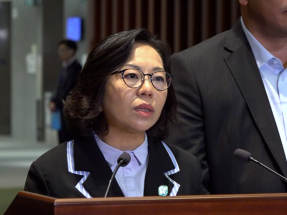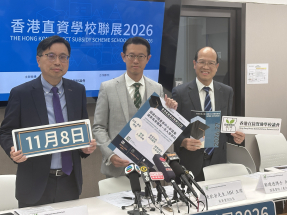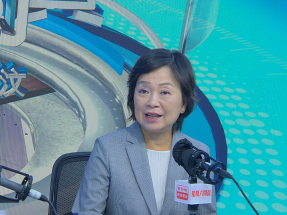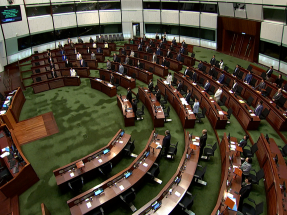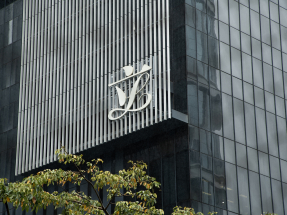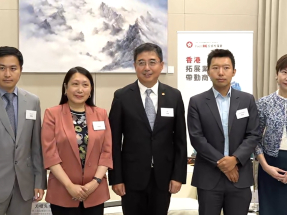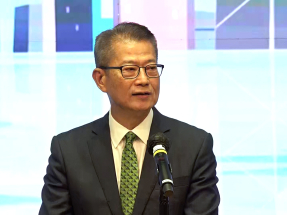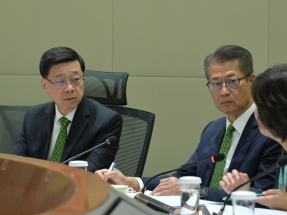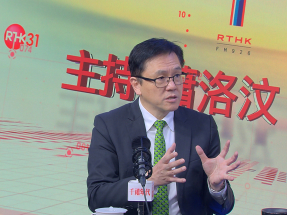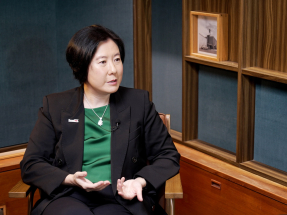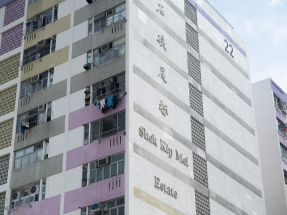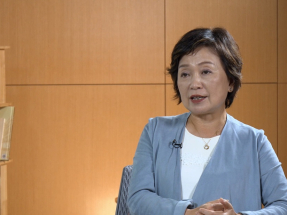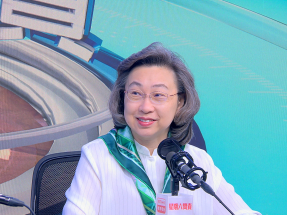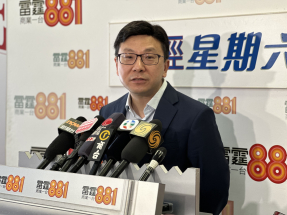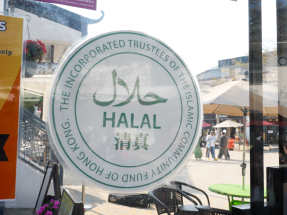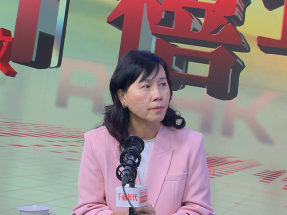Chief Executive John Lee said on Wednesday the city is aiming to transform itself into an international education hub by raising the quota for non-local students at universities, developing universities of applied sciences and speeding up construction of a university town in the Northern Metropolis.
Lee noted that as the only city in the world that has five local universities ranked among the global top 100, Hong Kong shall further transform itself into an international centre for post-secondary education as well as for high-calibre talent.
To achieve this, the government will ease restrictions and boost the enrolment ceiling for non-locals at public universities.
"The enrolment ceiling for self-financing non-local students of each funded post-secondary institution will be raised from the level currently equivalent to 40 percent of local student places to 50 percent," he announced.
"And the over-enrolment ceiling of self-financing places of funded research postgraduate programmes will be increased from 100 percent to 120 percent."
As the non-local quota rises, the government will earmark new sites, including commercial ones, to construct university hostels to increase supply.
Lee said the authorities will expedite construction of the Northern Metropolis University Town, with a dedicated working group to be set up and attract global leading institutions there.
Sites in the Northern Metropolis have been set aside to develop international schools, with two vacant campuses also set aside for the purpose.
The government, Lee said, will launch a large-scale publicity campaign, "Hong Kong: Your World-class Campus", to promote the SAR's resources in areas such as academic studies and scientific research, with the eight public universities also getting HK$40 million to enhance their profile and bolster their faculties and enrolments.
The administration will also work to widen the global recognition of the city's university entrance exam, the Diploma of Secondary Education, though measures will be taken to crack down on unauthorised provision of relevant programmes under the so-called "shell schools," that is, those campuses that work with agencies to help non-locals become eligible for subsidised university places.
Lee said the Education Bureau has allocated HK$2 billion from the Quality Education Fund to support digital education in primary and secondary schools.
Authorities will release a blueprint for digital education in schools next year, covering AI literacy and innovation and technology-related curricula.
Forty primary and secondary schools are taking part in a pilot scheme on the promotion of AI education in the 2025-26 and 2026-27 academic years, and the scheme will gradually expand to cover more than 200 schools.
Lee said the bureau would also boost the non-local intake in primary and secondary schools, with measures including allowing schools under the Direct Subsidy Scheme to apply for increases in the number and size of classes.






